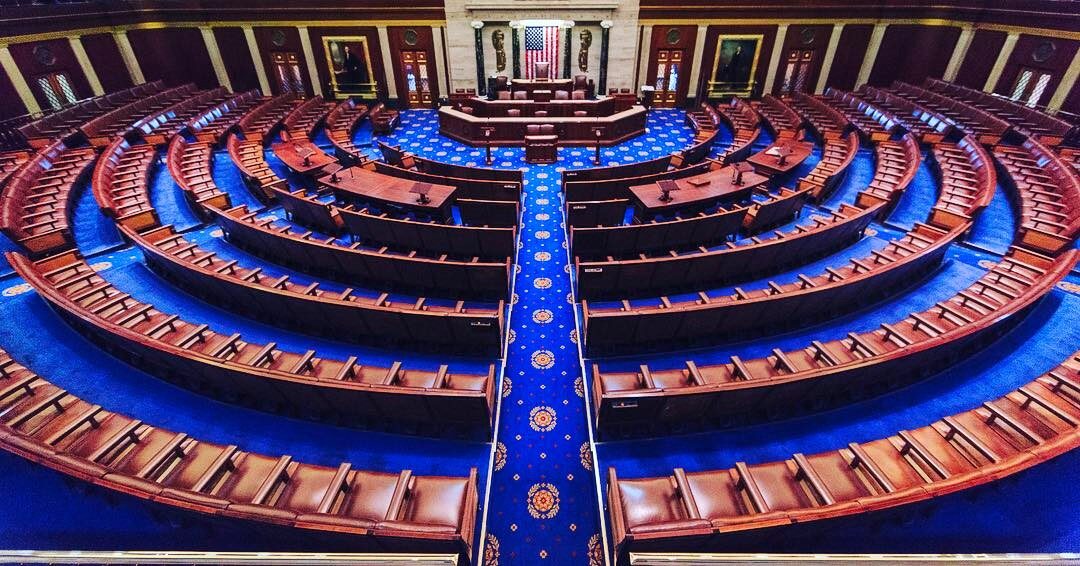Dirigo, Maine’s official sate motto, is derived from Latin. It can mean “I rule,” “I govern” or “I direct”. Many members of the state’s government must read it and think, “If only it were that simple.”
The members of Maine’s Public Utilities Commission (PUC) certainly must be noting the irony of the motto as opponents of its changes to net-metering are proclaiming that they will try to overturn the decision in the legislature this term.
The Natural Resources Council of Maine (NRCM) issued a stinging statement in response to the official codifying of net-metering rules the PUC proposed last month. The new rules guarantee net-metering rates will remain at the current retail rate for the next 15 years for current solar customers, but starting Jan. 1, the rate will decline by 10% and remain at that rate for 15 years.
For example, customers who sign up next year will only receive 90% of the credit, but it will remain at 90% for 15 years. In 2019, the credit will decline to 80% and remain at that level for 15 years, and so on.
According to the NRCM, the rules will devastate the state’s emerging solar industry and put it well behind its New England neighbors in attracting jobs from the fastest growing industry in the country. It added that it will not take the decision lying down – it will lobby the legislature to pass a law undoing the PUC ruling. Maine, which lags behind many of its New England neighbors like Massachusetts and Vermont.
Maine’s legislature meets for two sessions each year and is currently in its second session, which will end on March 30.
“In the wake of the PUC’s decision, it is essential that Maine lawmakers pass an effective bill that overturns these rules and puts Maine on track to increase our production and use of solar power,” the NRCM said in a press release. “If allowed to take effect, these new rules will threaten existing and potential new jobs and guarantee that we remain in last place in New England for solar jobs and energy production.”
“This has been a disgraceful process since it started with a so-called ‘review’ of net metering last summer,” the group continued. “The PUC has ignored the public interest throughout. They failed to conduct any analysis of the costs and benefits of net metering, so they cannot even say whether these rules will help or harm ratepayers.”
The PUC ruling and the backlash against is only the latest front in an ongoing battle between the solar industry and the government. While two studies commissioned by Governor Paul LePage have showed that solar energy is a net-benefit to all ratepayers, he remains staunchly opposed to net-metering.
To defend his opposition, LePage borrows a talking point straight from the utiliies, arguing (falsely) that net-metering results in a cost-shift to non-solar customers, whose electricity self-consumption allows them to avoid paying for grid upkeep.
It should be noted that 16 states – including Maine, twice (in 2015 and 2016) – have done studies on this argument and have almost universally debunked it. Still, net-metering opponents like LePage keep commissioning studies in the hope of reaching different conclusions.
The last study in Maine found that over 20 years, solar power would save non-solar ratepayers almost $750 million, but LePage has argued for the elimination of net-metering immediately. So far, the PUC and the legislature has balked at passing his proposal.
In the 2015 Maine legislative session, lawmakers tried to restructure the solar financial incentive without involving the PUC, but LePage vetoed the bill and an override failed by two votes. The NRCM believes it’s time to fight that battle in the legislature once more.
“NRCM will pursue every opportunity to overturn the PUC’s extreme anti-solar rules,” the group said. “The best and swiftest solution is for the Legislature to enact an effective law to move Maine forward this session, before these extreme rules take effect at the end of 2017. The Legislature should be setting solar policy in Maine, not the PUC.”
This content is protected by copyright and may not be reused. If you want to cooperate with us and would like to reuse some of our content, please contact: editors@pv-magazine.com.








By submitting this form you agree to pv magazine using your data for the purposes of publishing your comment.
Your personal data will only be disclosed or otherwise transmitted to third parties for the purposes of spam filtering or if this is necessary for technical maintenance of the website. Any other transfer to third parties will not take place unless this is justified on the basis of applicable data protection regulations or if pv magazine is legally obliged to do so.
You may revoke this consent at any time with effect for the future, in which case your personal data will be deleted immediately. Otherwise, your data will be deleted if pv magazine has processed your request or the purpose of data storage is fulfilled.
Further information on data privacy can be found in our Data Protection Policy.